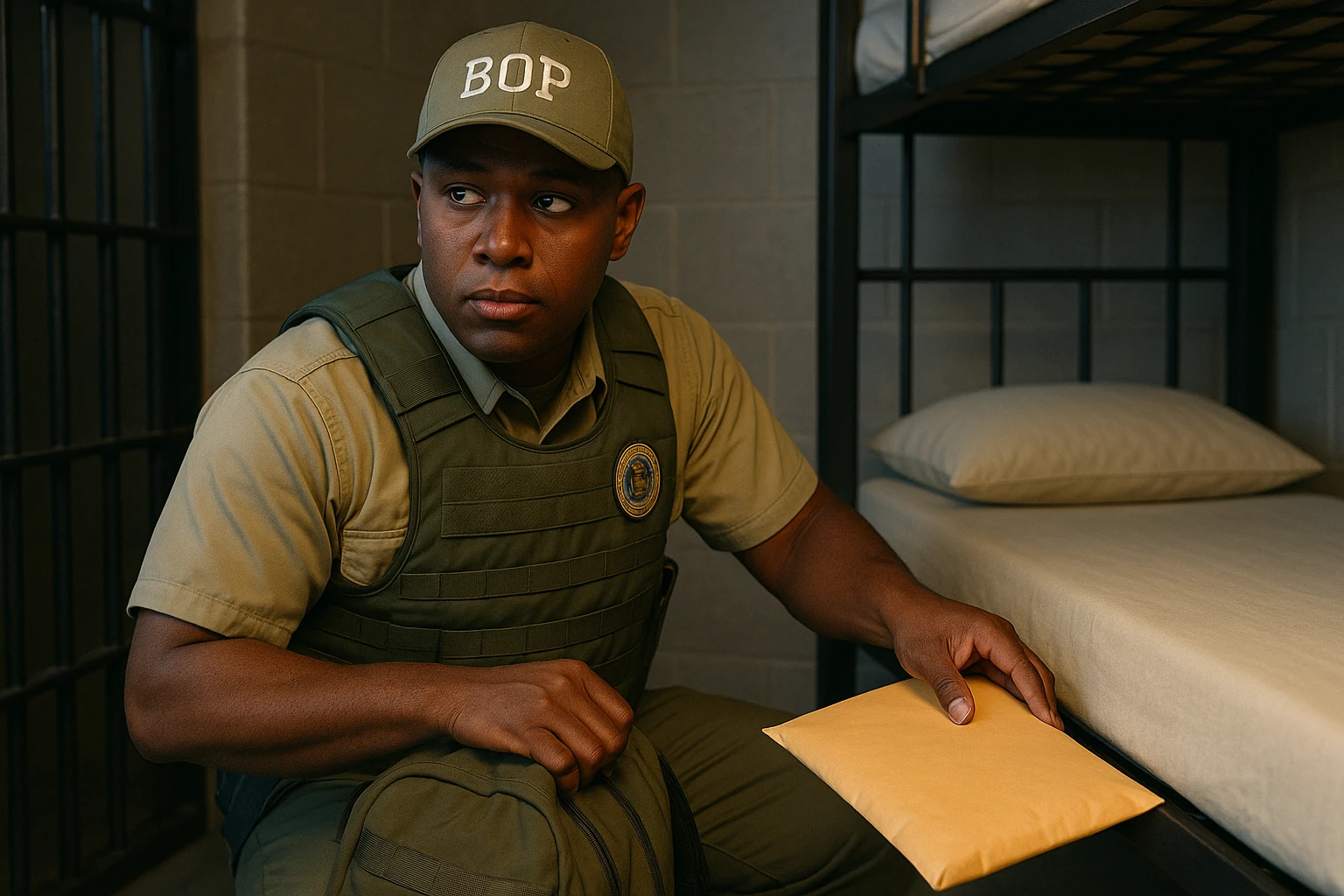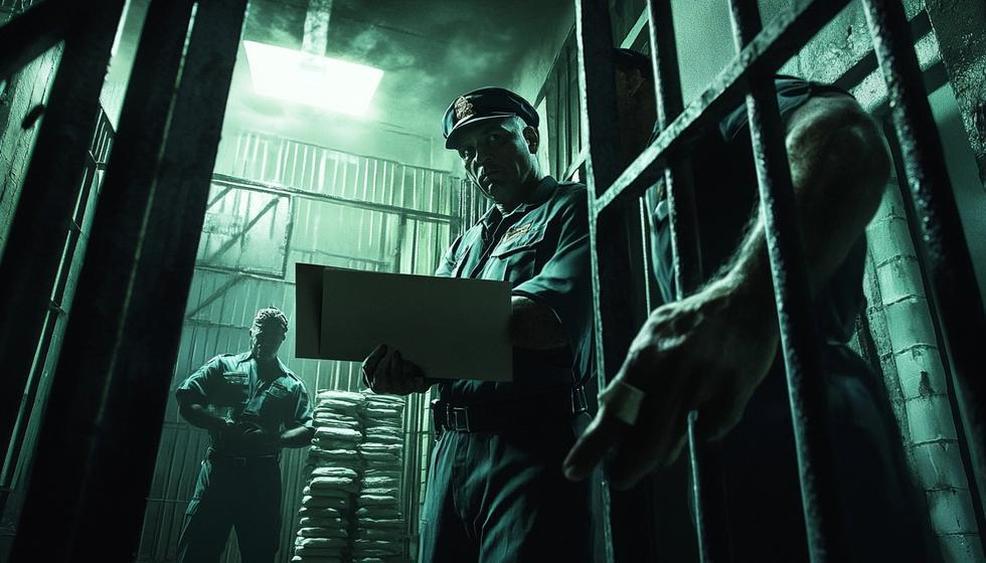How Corruption Undermines Federal Prisons
The politics of contraband within the Federal Bureau of Prisons (BOP) is a complex and deeply entrenched issue. The problem isn't just about illicit goods finding their way into facilities—it’s about systemic corruption, mismanagement, and a workforce that, in many cases, has little incentive to operate with integrity.
A Staffing Crisis with Dangerous Consequences
In 2018, amid the COVID-19 pandemic, the BOP attempted to mandate vaccines for its staff while enforcing strict lockdowns on inmates. This move exacerbated already dire working conditions, forcing officers into extended shifts and multiple roles. Those eligible for retirement took the opportunity to leave, creating a staffing shortage that led the BOP to lower its hiring standards, bringing in many officers with backgrounds in state prisons.
The result was predictable: an influx of undertrained staff, a rise in corruption, and a facility structure ill-equipped to manage the pandemic’s toll. Federal prisons rely heavily on inmate labor to maintain daily operations, but when lockdowns removed this workforce, officers were suddenly tasked with actual operational duties—an adjustment many struggled to handle.

The Business of Smuggling
For some officers, working at BOP is less about public service and more about financial opportunity—specifically, the chance to earn an extra $10,000 per month, tax-free, by smuggling contraband. In fact, some officers are actively recruited by street gangs with the sole purpose of infiltrating the BOP for illicit trade.
The contraband economy operates at shockingly standardized rates: whatever fits in a manila envelope costs around $10,000, whether it’s tobacco, cell phones, or fentanyl. Some officers opt to traffic only “low-risk” contraband like phones and tobacco, as federal sentencing guidelines limit their maximum penalty to one year in prison. In most cases, they are merely fired rather than prosecuted. Those who smuggle hard drugs face up to 20 years in prison, but given the difficulty of detection, many consider the risk worthwhile.
Meanwhile, the BOP, already crippled by staffing shortages, cannot afford to aggressively investigate corruption for fear of further depleting its workforce. The consequences are dire: overdoses, escalating gang influence, and increasing violence within federal institutions. Yet when asked how contraband enters facilities, corrupt officers deflect blame to drones—an excuse that, while plausible in rare cases, is largely a diversion from the real issue.
Looking the Other Way
Not all corrupt officers actively smuggle contraband. Some simply turn a blind eye. Those working in recreation, maintenance, or food services can facilitate smuggling by neglecting their duty to inspect incoming shipments. Every day, prisons receive pallets of goods—food, clothing, toiletries, and supplies—all of which should be rigorously checked against purchase orders. In practice, officers often do the bare minimum, as there is little incentive to be thorough.
The situation is further exacerbated by changes in inmate wages. In 2019, the BOP cut all inmate pay, reducing the incentive to work legitimately and pushing many towards smuggling as a more lucrative alternative. With officers willing to facilitate the trade and inmates in need of income, corruption flourishes.

Exploiting the System for Personal Gain
Theft and fraud within the BOP are not limited to contraband smuggling. Officers in food service may run food trucks on the outside, supplying them with stolen BOP provisions. Staff working in maintenance—plumbing, electrical, HVAC—often own private businesses, siphoning off materials meant for prison use to support their own ventures. Meanwhile, missing materials are conveniently blamed on inmates.
Additionally, some officers deliberately neglect routine maintenance to increase the likelihood of emergency call-ins, which pay double-time. This strategy allows them to profit from the very failures they engineer, all while maintaining plausible deniability.
A System Designed to Protect Corruption
Federal prison staff exploit the presence of inmates to justify their own criminal activities. The BOP, desperate to retain workers, hesitates to question or investigate staff misconduct. Firing federal employees is notoriously difficult, and complicating matters further, the correctional officers’ union is one of the largest in the country, providing additional layers of protection.
The result is a prison system where corruption thrives, reform is nearly impossible, and ethical behavior is neither expected nor rewarded. How can we expect inmates to rehabilitate in an environment where criminality is not just tolerated but ingrained into the very fabric of the institution?
